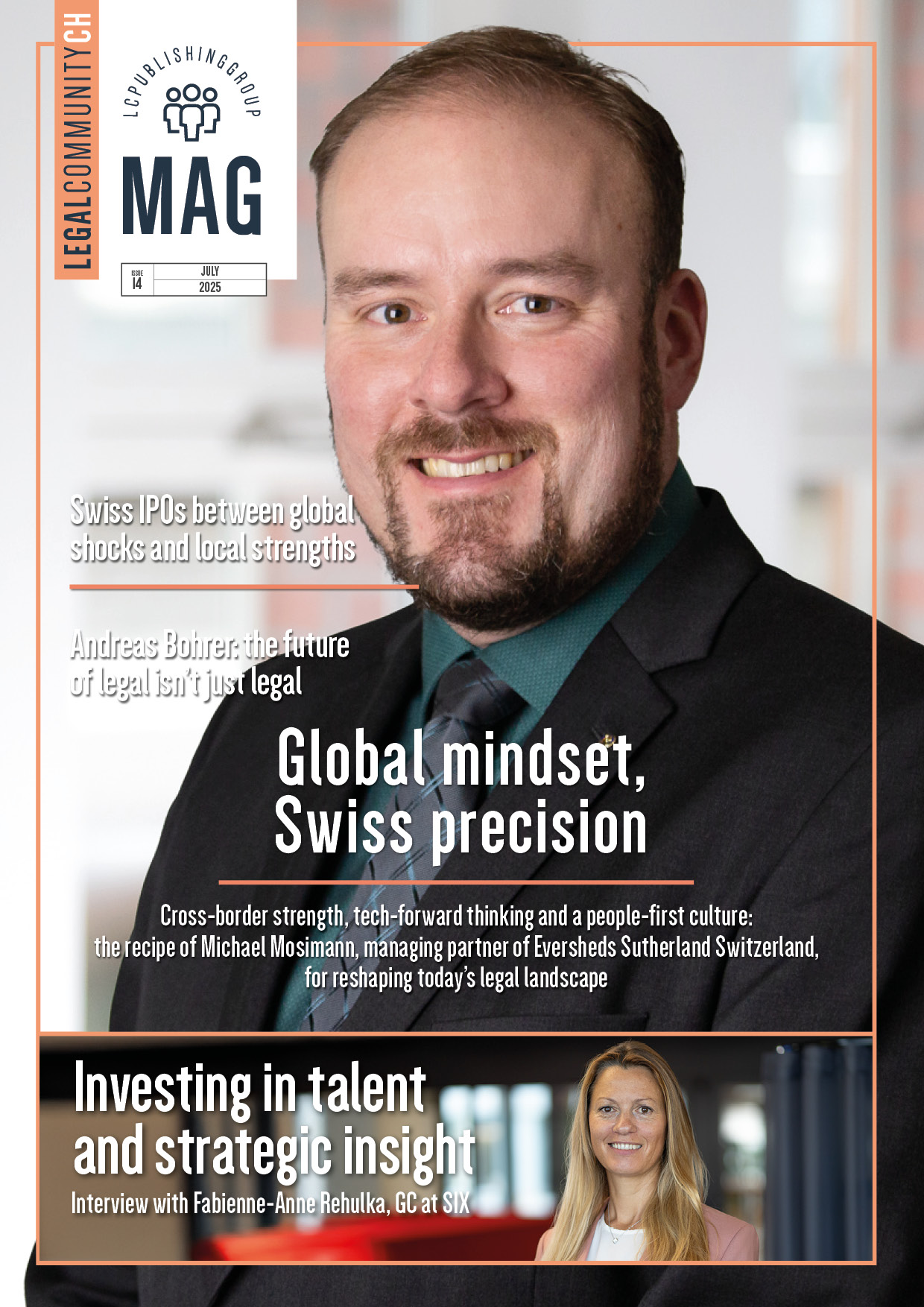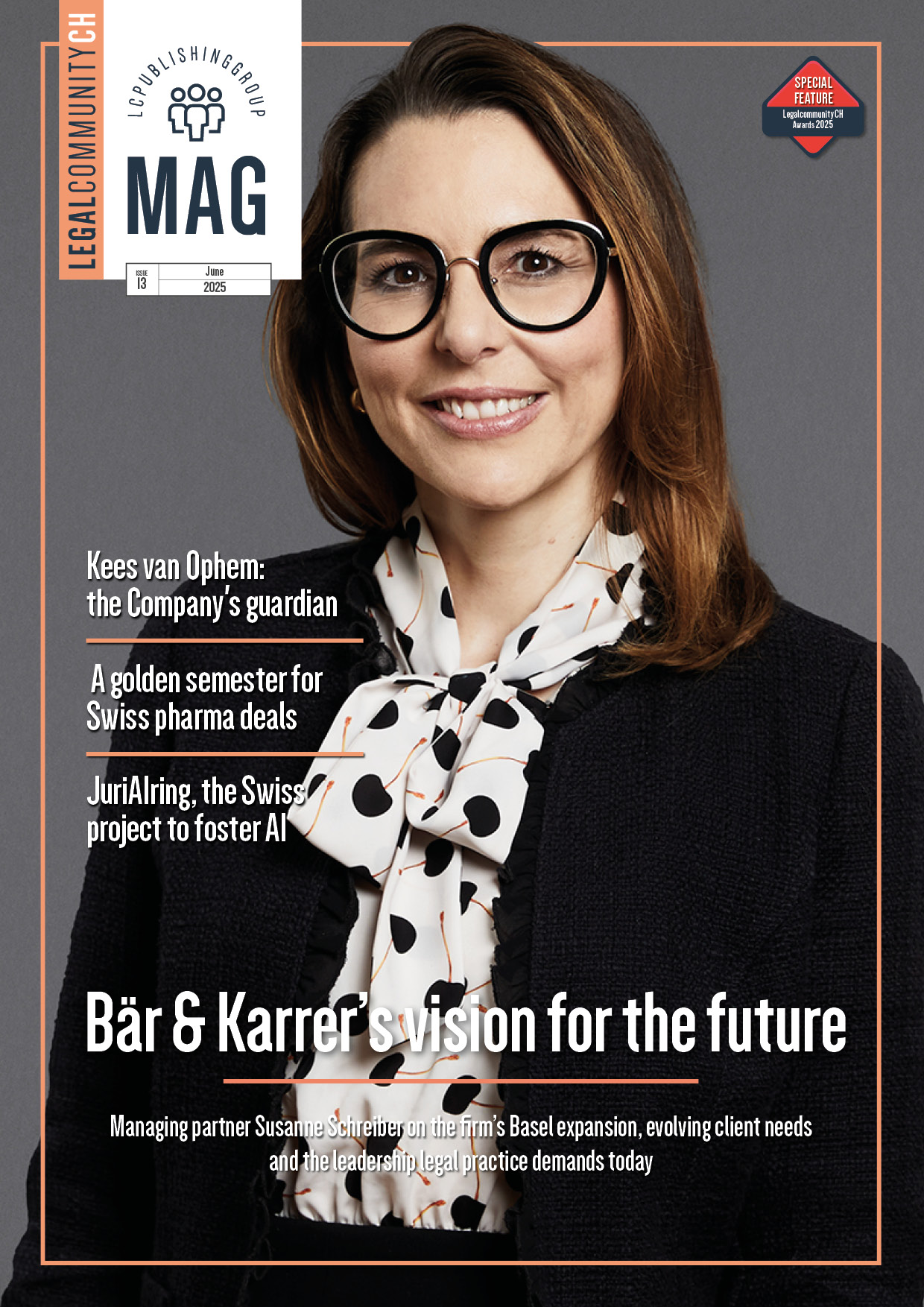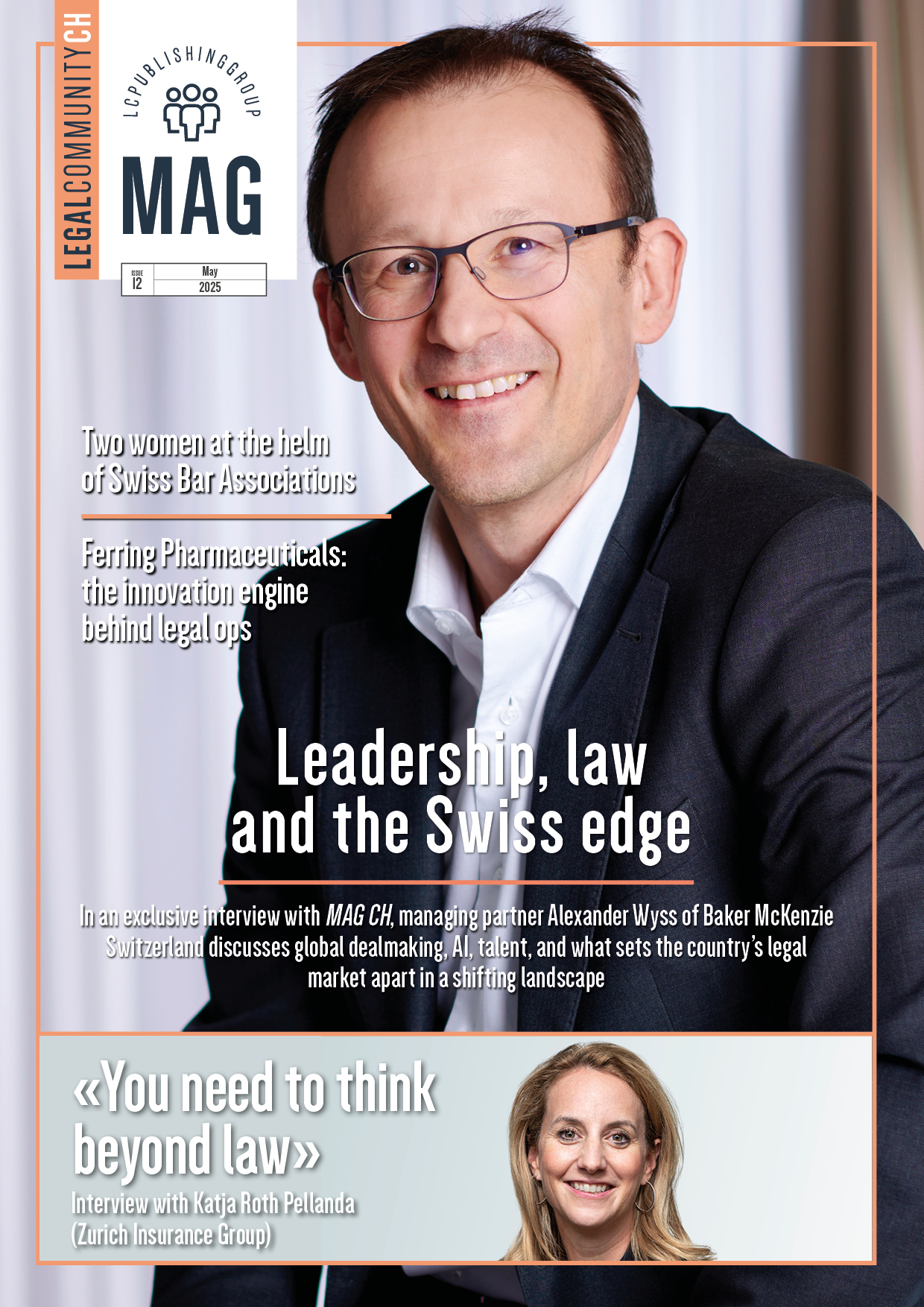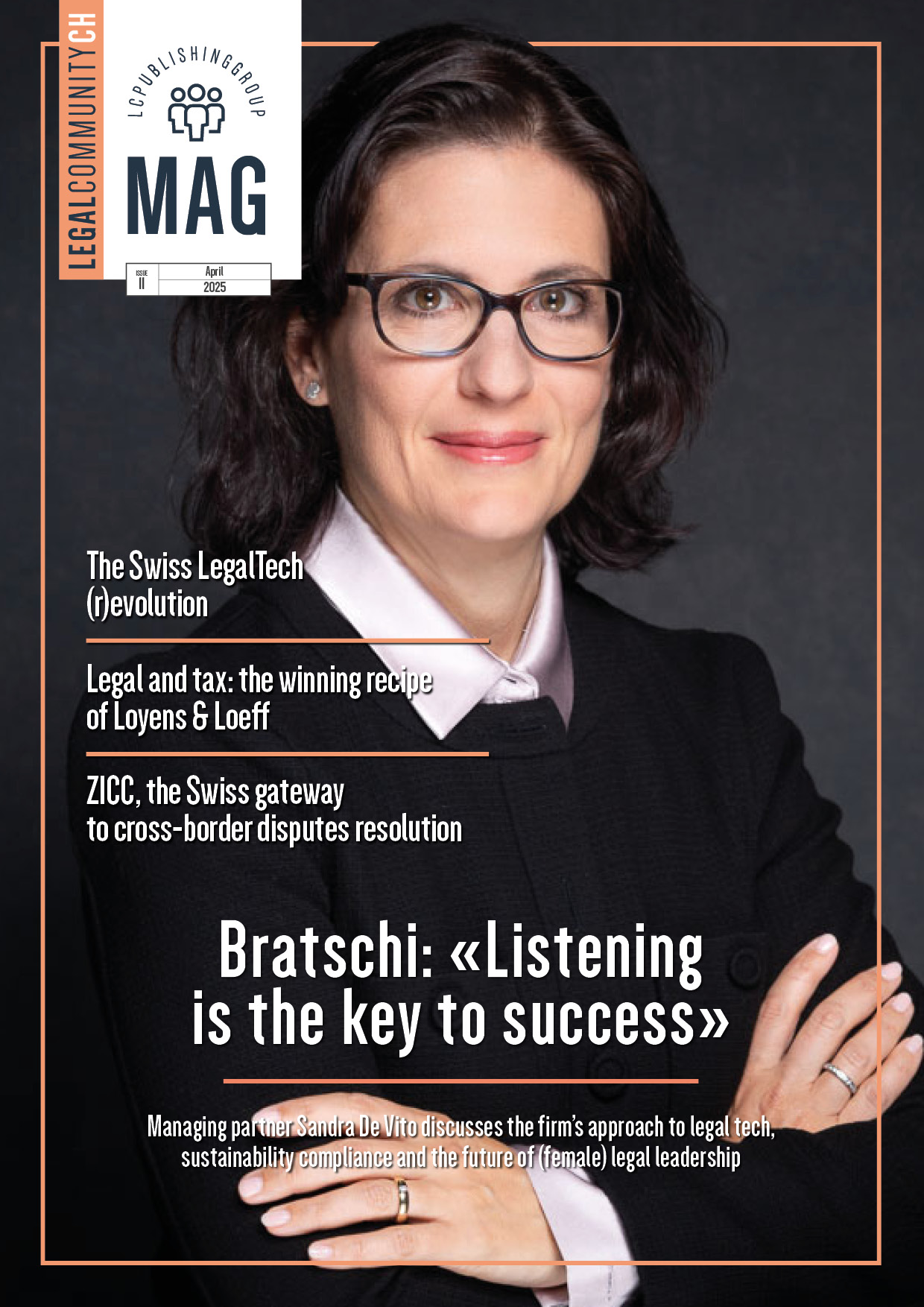Legal professionals embrace AI, study reveals
A comprehensive global survey conducted by Thomson Reuters unveils a transformative trend in the legal sector: an overwhelming majority of in-house legal departments are increasingly receptive to artificial intelligence technologies.
The “Generative AI in Professional Services 2024” report indicates that 62% of corporate legal counsel now view AI as a critical tool for enhancing professional workflows, representing a substantial increase from previous years (54% in 2023). This marks a significant shift in the legal profession’s technological stance.
While current AI implementation remains modest, the potential for growth is substantial. Approximately 27% of legal teams are presently experimenting with publicly available AI platforms like ChatGPT. More notably, though only 12% currently utilize specialized legal AI solutions, a remarkable 43% of organizations plan to integrate industry-specific technological tools within the next three-year period.
“We’re observing a profound evolution in how legal professionals perceive technological capabilities,” explained European legal technology director John Shatwell. “There’s a growing understanding of AI’s nuanced potential beyond generic applications.”
Organizational preparedness is also advancing. Roughly one-fifth of corporate legal departments and 10% of traditional law firms have already established comprehensive AI usage guidelines, signaling a mature approach to technological integration.
However, significant reservations persist. Approximately 77% of legal professionals maintain considerable caution, primarily concerning potential confidentiality breaches and the risk of AI-generated inaccurate legal interpretations.
Shatwell commented: “The legal sector faces a unique challenge of balancing technological innovation with professional integrity. As AI’s capabilities expand, we must simultaneously develop robust internal mechanisms to ensure controlled and ethical implementation.”
Interestingly, the survey revealed conservative expectations regarding AI skills. Only 2% of organizations consider AI proficiency a mandatory qualification for new legal recruits, with 17% viewing such skills as a desirable but non-essential attribute.
Financial strategies are also emerging. Approximately 50% of law firms plan to absorb AI investment costs internally, while 25% are considering passing these expenses to clients. Additionally, 39% anticipate that AI might facilitate more flexible billing arrangements.
This technological evolution follows the International Bar Association’s October endorsement of the first international AI governance framework, underscoring a global commitment to responsible technological integration. That’s also why the research suggests we are witnessing a gradual but potentially revolutionary transformation in legal service delivery, with artificial intelligence poised to become an increasingly integral component of professional practice.
















